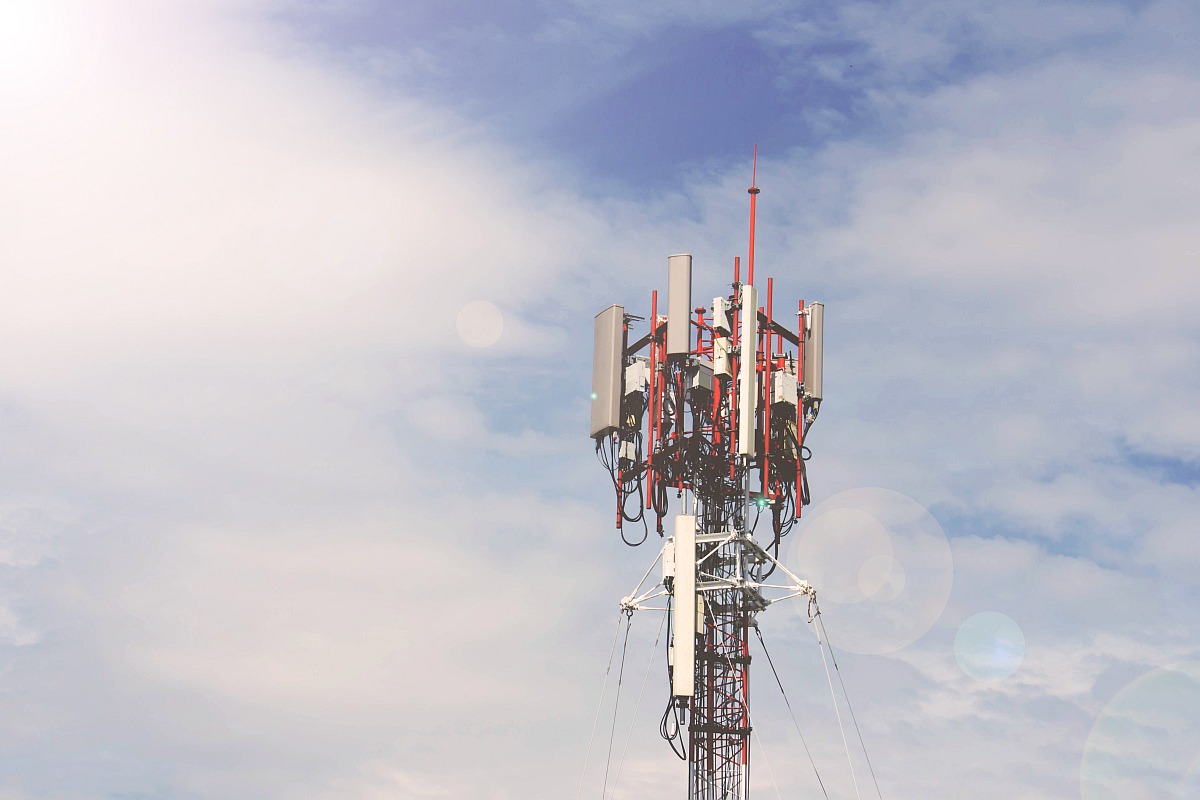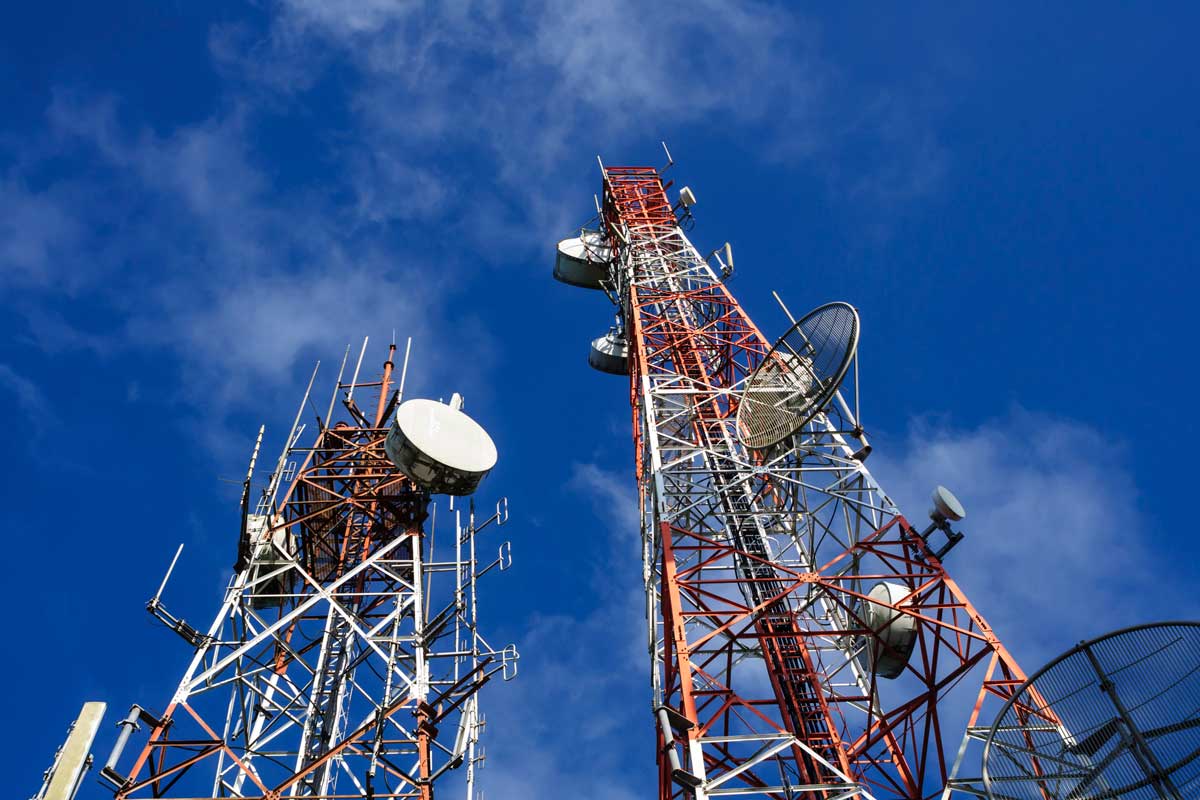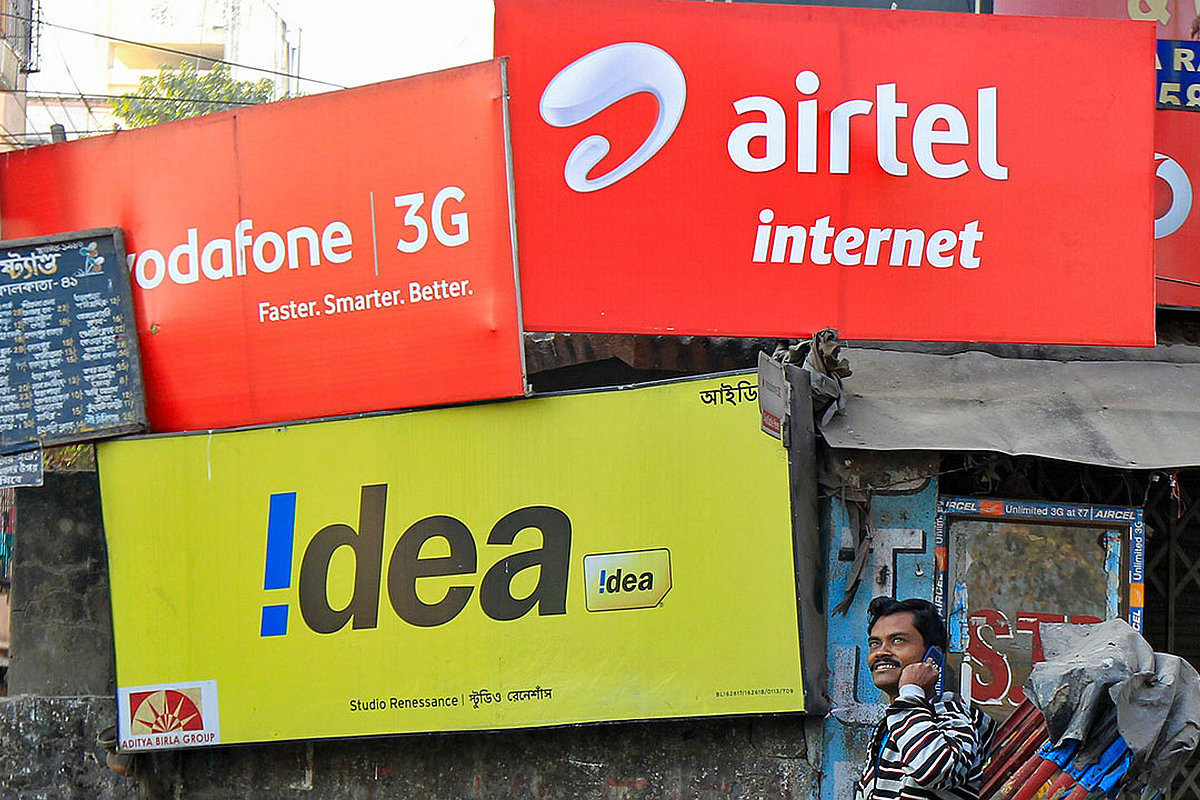Privatisation U-Turn
In a significant departure from its earlier policy focus, the Union government is stepping back from aggressive privatisation efforts and is instead investing heavily in reviving ailing state-run enterprises.

In a significant departure from its earlier policy focus, the Union government is stepping back from aggressive privatisation efforts and is instead investing heavily in reviving ailing state-run enterprises.

The Government approved a revival plan for Bharat Sanchar Nigam Limited (BSNL) and Mahanagar Telephone Nigam Limited (MTNL) on 23.10.2019, the Minister said.

Harassed by tardy maintenance of the MTNL’s transmission lines and underground cable thefts, its subscribers migrated gradually to other telecom service providers.

The tension has also affected the mobile industry. Chinese handset maker Oppo cancelled the livestream launch of its flagship 5G smartphone in the country amid protests.

TRAI has also sought details of the steps taken to ensure availability of uninterrupted telecom services to such customers on a "priority basis".
In a decision taken last year by the cabinet, Rs 69,000 crore revival package was approved for both the BSNL and MTNL.
The fall of Air India has coincided with the rise of private airlines. While the behemoth, hamstrung by bureaucracy, could not match the agility of smaller players, crony capitalism also played an important part in Air India's downfall. This is hardly surprising; State enterprises offering consumer services like BSNL and MTNL are in a similar position for similar reasons.
The effective date of voluntary retirement under the present scheme is January 31, 2020. The ‘BSNL Voluntary Retirement Scheme - 2019’, rolled out recently, will remain open till December 3.
MTNL will act as a subsidiary of BSNL after the merger.
Purwar said that the department was likely to pay the salaries to its 1.76 lakh employees from its own resources and accruals.
